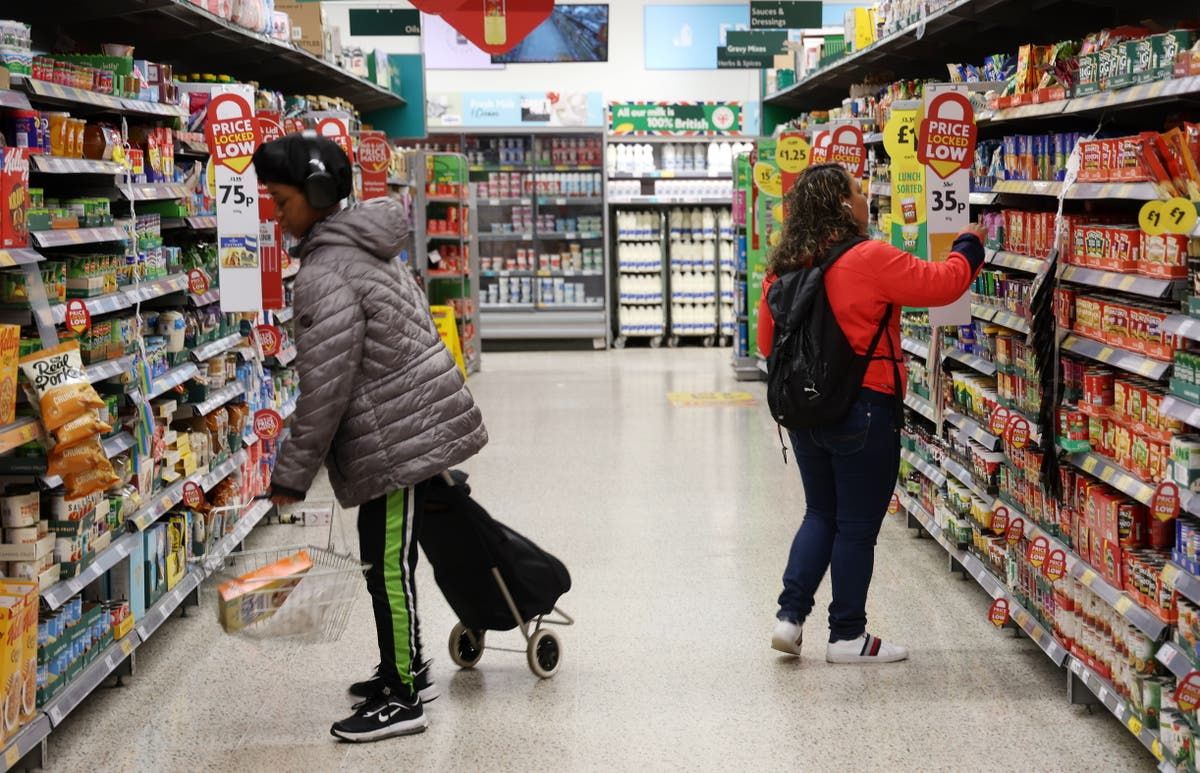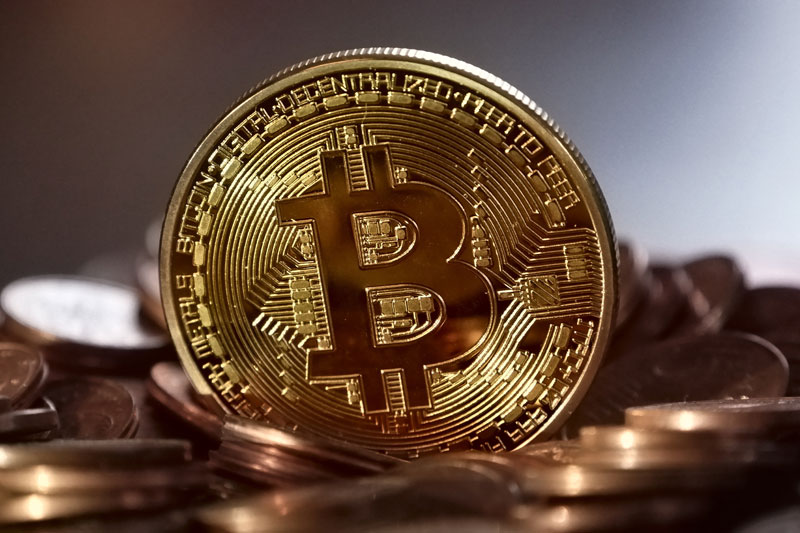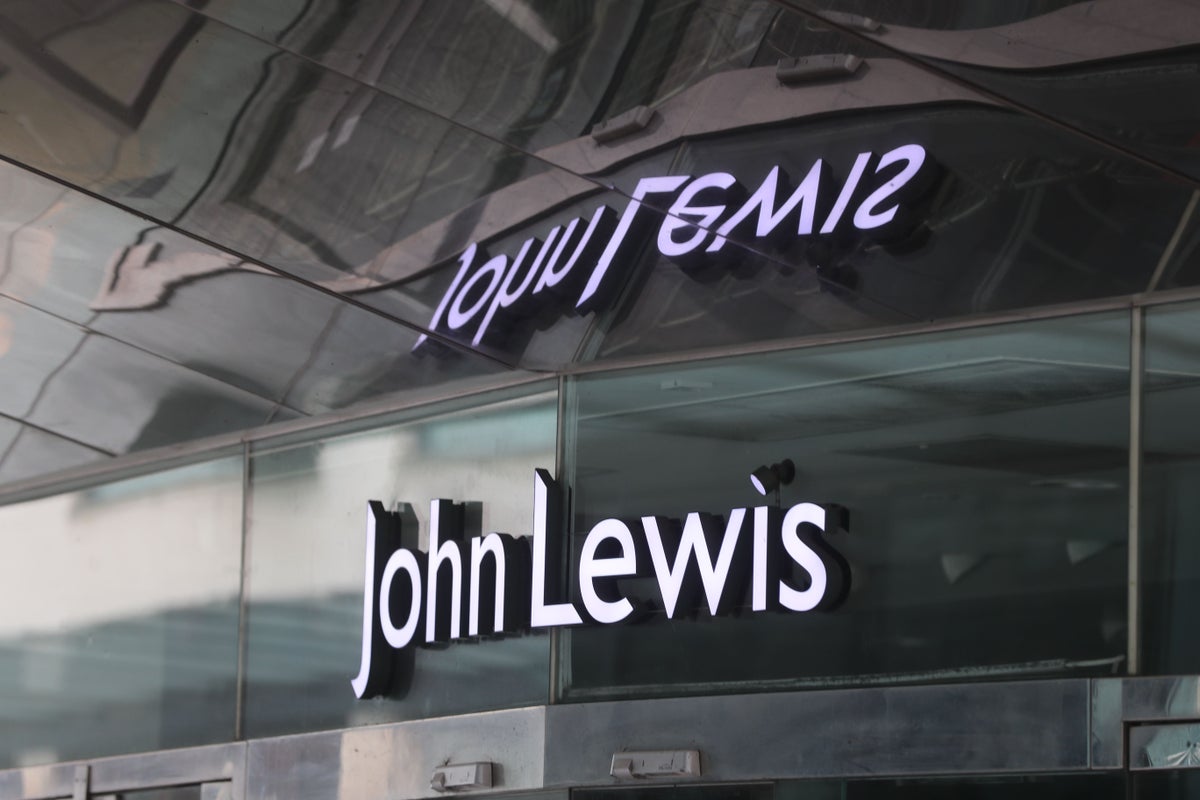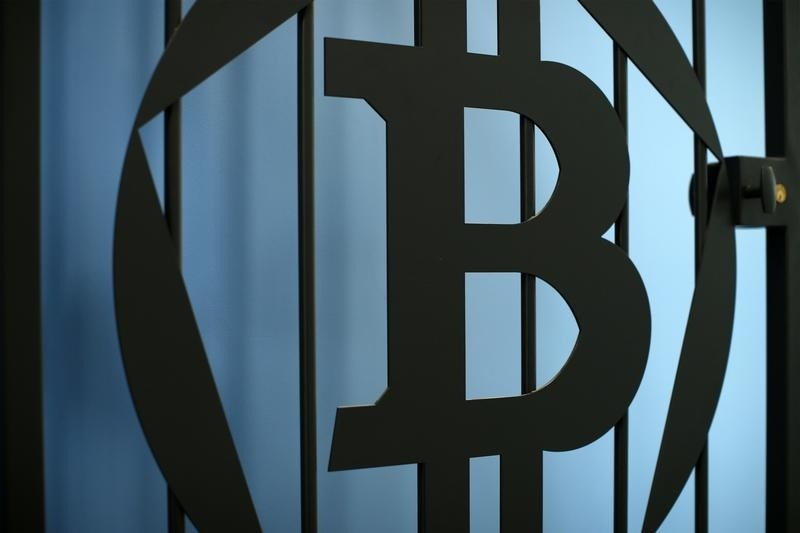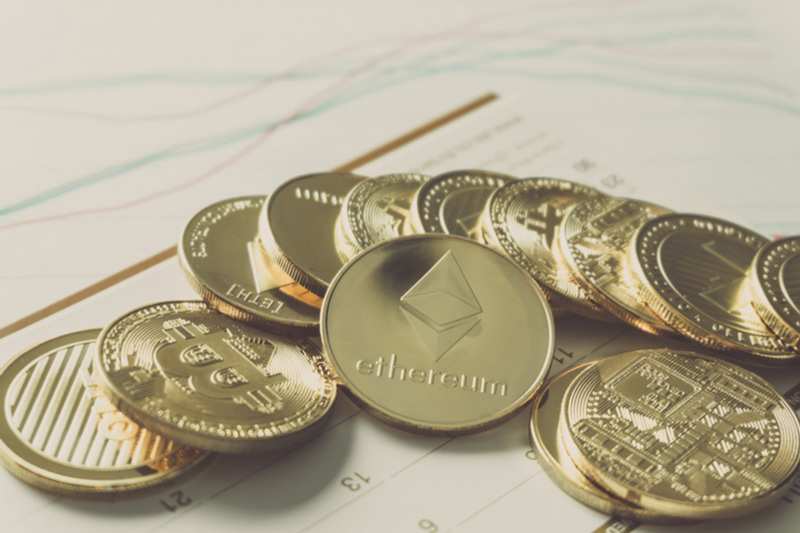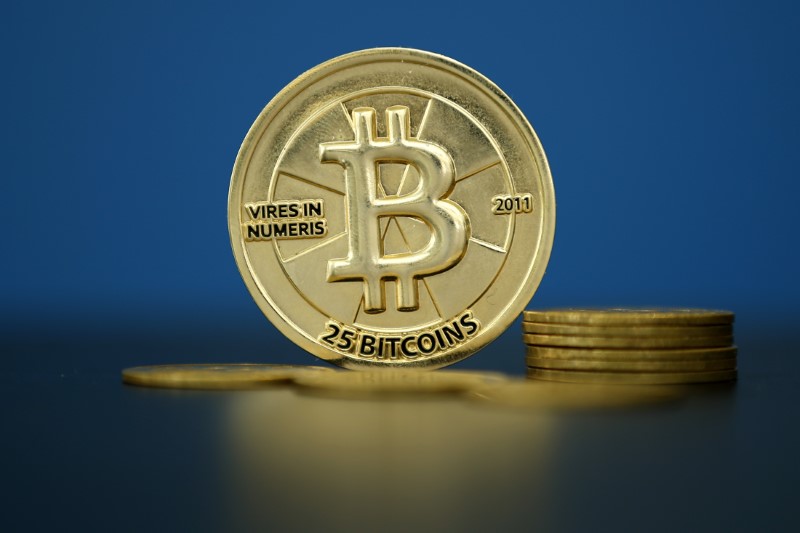Last month, the inflation rate in the United Kingdom plummeted to the lowest level in two years. Official figures have shown that the fall is due to the relaxation of food prices for households severely affected by the cost of living crisis.
According to the Office for National Statistics (ONS), consumer price index inflation fell to 3.4% in February, from 4% in January, the lowest level since September 2021.
As a result, the level of inflation is closer to the 2% target set by the Bank of England just before its interest rate decision is made on Thursday.
Grant Fitzner, chief economist at the ONS, said: “Food prices were the main driver of the fall, with prices almost unchanged this year compared to a big rise last year, while price rises in restaurants and cafes also slowed down.”
So what exactly does falling inflation mean for your money? Finance experts share everything you need to know…
What is inflation?
According to Rajan Lakhani, personal finance expert at smart money app Plum, inflation measures the rate at which the price of goods and services in the UK increases.
“The ONS looks at price changes over the previous 12 months to calculate inflation. [But] The key thing to remember with inflation is that when inflation is falling, like today's announcement, that doesn't mean prices have fallen. It just means that, on average, prices are rising less rapidly,” Lakhani said.
“For example, the ONS would measure the price of items in February 2023 and what it is in February 2024.”
(PA Wire)
Mortgages
For Rob Morgan, chief investment analyst at Charles Stanley, mortgages and other forms of debt are not directly affected by inflation.
“But many products are affected by, and influenced by, expectations about the Bank of England's base rate,” Morgan said.
“Lenders have been raising interest rates a bit recently, after hopes of a previous series of interest rate cuts faded. Today's numbers do little to change those expectations, as they are already built into market rates. However, if inflation continues on a downward trajectory and interest cuts come later this year as predicted, then borrowing costs should come down a bit. However, any decline will be modest compared to the sharp increase since the beginning of 2022.”
Lakhani added: “Lower interest rates would be good news for mortgage holders, whether they have a variable or tracker mortgage, or need to remortgage this year.
“Higher mortgage rates, which are influenced by base rate expectations, have been hitting mortgage holders hard. The quoted monthly interest rate on a 2-year fixed home loan with a 75% LTV was 1.64% in January 2022.
“The mortgage rate quoted for the same type of product two years later is 4.73%. For a £200,000 25-year mortgage, that means an extra payment of £325 per month (£1,138 versus £813), a significant increase.”
Savings and interest rates
An interest rate is the extra money earned by making payments into a savings account at a bank, app or building society, Lakhani explained.
“It is important [to make] most of the savings while the rates are higher. Many media offer a return at a real rate (that is, a return higher than the inflation rate). For example, at Plum we have just launched a Cash ISA at a market-leading rate of 5.15%, well above the inflation rate,” Lakhani said.
Morgan added: “It's all about profiting while the sun shines. The best deals on fixed-term cash rates are behind us, as the market expects a fall in Bank of England rates later in 2024. Therefore, cash can be expected to lose its shine against assets like bonds and stocks. as the year progresses.”
(PA Wire)
Food, drink and tobacco.
The latest inflation reading is the lowest since September 2021. At first glance, this is good news for consumers across the country.
Inflation rate for everyday items.
(PA Wire)
Lakhani said: “The big factor is the slowdown in food, beverage and hospitality prices. Broader things like easing supply chain pressures and cooling energy prices have also contributed to this slowdown.
“That said, the cumulative increases in prices of things like energy and food over the past 18 months have affected people's financial resilience. Many of them will have dipped into their savings and now realize that they have little left, but prices continue to rise, although at a slower pace.
“Importantly, core inflation, which excludes more volatile items such as food, energy, alcohol and tobacco, is also falling, along with services inflation. “That means the Bank of England can have more confidence in cutting the base rate.”
Business
Business owners would also be affected by the fall in inflation.
Angus Milledge, head of new business sales at SAP Concur, said: “For businesses, this is also a challenge as we are still technically in a recession, albeit a weak one. If you add up the gross revenue figures for all companies in the UK, this is slightly lower, but their costs are 3.4% higher, meaning their net profit will be lower if they do nothing to control their costs.
“Based on our own data, we have seen that companies had a 24% cost increase in 23/24 compared to 2019, driven by inflation. “Today’s announcement is therefore slightly misleading, as both consumers and businesses will continue to see higher costs.”
Pension
Dr George Hulene, associate professor of finance at Coventry University, said: “With the triple lock on pensions, the fact that pensions will increase by 8.5% in just under a month will be very good news. for pensioners. On the one hand, prices are starting to fall and, on the other, state pensions are increasing, which will surely help to alleviate a lot of cost-of-living pressure.
“Add to this the fact that the cost of energy for a typical home will reduce by £238 between April and June, compared to January and March, and the good news is even greater.”

